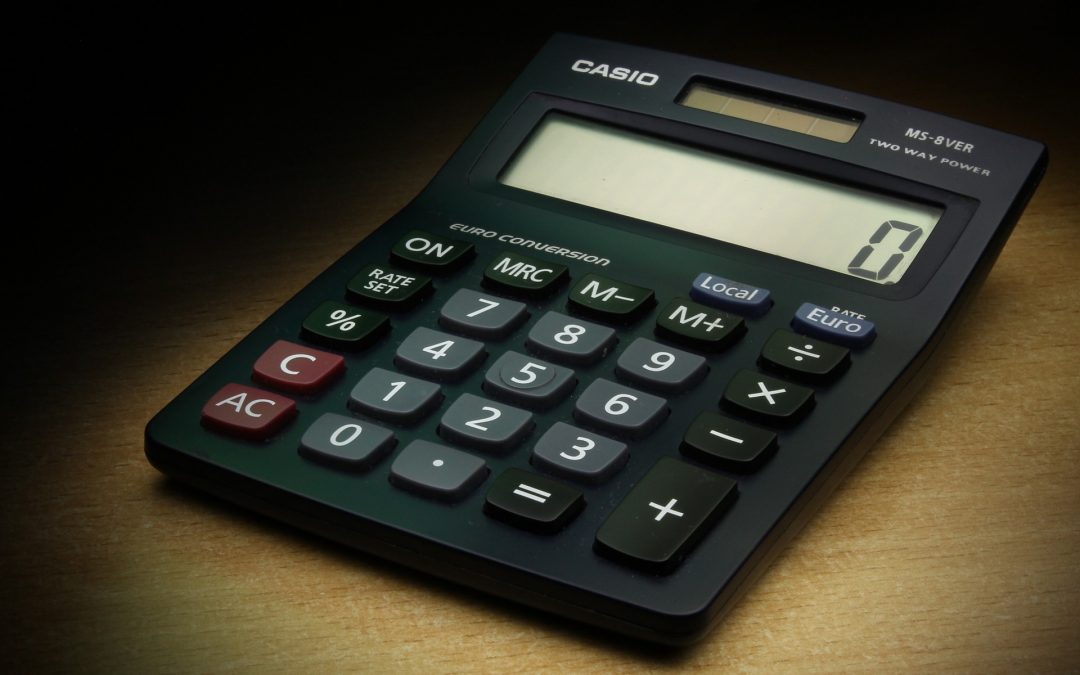Deferring July Self-Assessment Payments: Option to defer July Self-Assessment Payment on Account
Taxpayers facing financial difficulties as a result of the COVID-19 pandemic can opt to delay making their second self-assessment payment on account for 2019/20, due by 31 July 2020. As long as the amount is paid in full, together with any outstanding balance for 2019/20, by 31 January 2021, HMRC will not charge any interest or penalties.
Under the self-assessment system, taxpayers are required to make payments on account of their tax and Class 4 National Insurance liability if their self-assessment bill for the previous tax year was £1,000 or more, unless at least 80% of the tax owed for that year was deducted at source, for example, under PAYE.
Each payment on account is 50% of the previous year’s tax and Class 4 National Insurance liability. Although Class 2 National Insurance contributions are collected via the self-assessment system, they are not taken into account when working out payments on account. Payments on account are made on 31 January in the tax year and on 31 July after the end of the tax year, with any balance being paid by the tax return filing date of 31 January after the end of the tax year. If the payments on account are more than the eventual liability, the excess is refunded or set against the next year’s liability. The first payment on account for 2019/20 was due by 31 January 2020. The second payment would normally need to be paid by 31 July 2020.
Deferring July Self-Assessment Payments: Option to Defer
This year, taxpayers have the option to defer the second payment on account if they are finding it difficult to make the payment by 31 July 2020 due to Coronavirus. There is no obligation to defer – taxpayers can still make the payment by 31 July 2020 if they so wish.
Where a taxpayer takes the deferral option, the outstanding payment can be made whenever the taxpayer is able to meet the payment, as long as this is no later than 31 January 2021. Any balance owing for 2019/20 must be paid by the same time, together with the Class 2 National Insurance liability for the self-employed and the first payment on account for 2020/21.
Taxpayers choosing the deferral option do not need to tell HMRC – they simply pay the tax by 31 January 2021; nor do they have to provide evidence that they were adversely affected by the COVID-19 pandemic.
Guidance on the deferral option is available on the Gov.uk website. Also feel free to contact us.
Deferring July Self-Assessment Payments: Pros and Cons
Delaying the payment will no doubt help those struggling as a result of the COVID-19 pandemic. Indeed, it may provide a lifeline for particular groups of taxpayers, for example, those who are self-employed and who do not qualify for a grant under the Self-employment Income Support Scheme and who have been unable to work due to the restrictions.
However, the deferred tax has to be paid eventually, and the payback for having nothing to pay in July is a big bill in January 2020. Not only will the deferred tax be payable then, but also any balance due for 2019/20 and the first payment on account for 2020/21.

